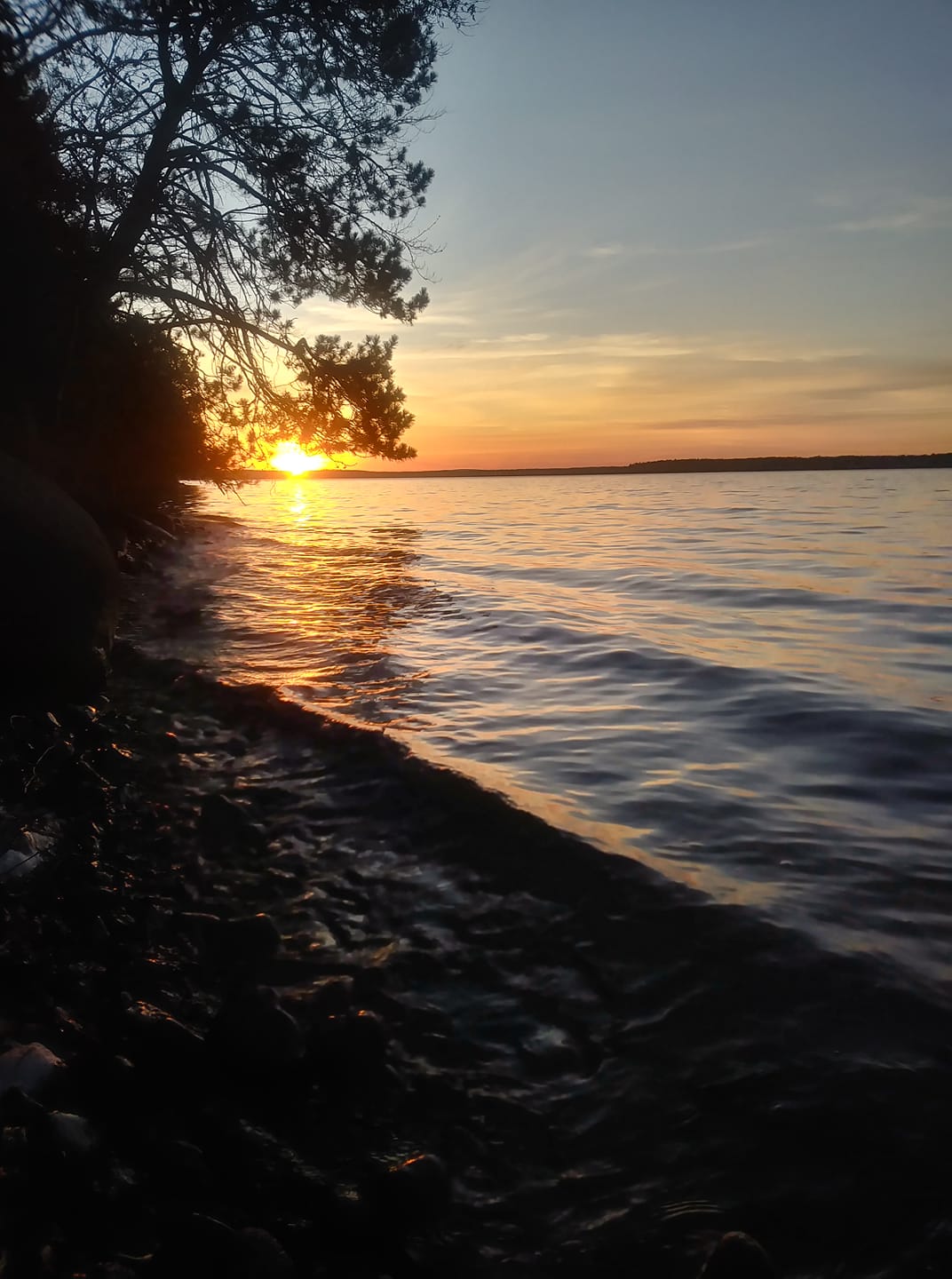JANUARY 8, 2022 – Friday night I awoke from troubled sleep. In the heart of darkness, thoughts unleashed my fears and agitated my moorings. In contempt of this disturbance, I summoned an imaginary flock of sheep and sent them one-by-one over a New England stone fence. This imagery soon went awry, however, when the sheep discovered an open gate and—like sheep—followed themselves outside the scope of my count.
As I lay facing the window frosted by the winter night, I recalled the month just passed and contemplated unmeasured time to come. I stood astride a divide, where memories on one side flowed to an ocean past while anxieties on the other side drained to a future sea. The past appeared finite, well-illuminated, and clearly outlined. The future was dark, dim, and infinite. None of us can return to the past. We can only enter the unknowns of the future. Yet, until we die, we stand astride past and future. The razor-thin demarcation between them is forever . . . the present.
Searching vainly for sleep, I considered this “divide” and the possibility that it defines what religions call “God” or “Divinity.” Conceptually, such a perspective gave me a glimpse into the ineffability of such a cosmic force.
Along the meandering path of my thoughts, consciousness entered the world of dreams—a world beyond the three basic dimensions of time as we perceive them.
When I awoke just past daybreak, I finagled my way out of bed, and peered at the sun’s fresh smile rising in the east. Like an old, wooden sailing vessel creaking in lazy swells, I contemplated my central goals for the day—thinking and writing; communicating with family and friends; venturing outside—despite frigid air—for some bright sunshine reflected by new fallen snow. In these pursuits, I figured, I’d put flame to the candle’s wick, lighting the heart of darkness.
As the day ensued, the light of friendships kept darkness at bay. By phone I talked for hours with numerous family and friends; by text and email, I exchanged many long missives; in between, I used writing to corral, then organize and analyze, a stampede of thoughts.
Among my mental wanderings, I found comfort in the knowledge that irrespective of age, rank, or circumstances, all of us are passengers aboard the same ship, aboard the same spinning, revolving sphere in a section of a solar system in a corner of a galaxy forming a pinprick in an infinite universe. We share a grand paradox: at the same time nothing matters, everything matters.
But another, grander paradox applies to us: our earnest attempts to define “God” limit the very effort and frustrate our relationship with divinity. “Divinity,” I believe, is in the love and light we bring to human interaction, often in the heart of darkness. All other wonders of the universe—from the Big Bang to bees spreading pollen among earthbound flower blossoms—are the stagecraft of Creation with no grand purpose, only a beginning and subsequent effects.
(Remember to subscribe to this blog and receive notifications of new posts by email.)
© 2022 by Eric Nilsson

3 Comments
Great content! Keep up the good work!
Eric, have you read John Shelby Spong? In his book, “Unbelievable,” he argues a very similar case that you present with your statement, “Divinity, I believe, is in the love and light we bring to human interaction, often in the heart of darkness.”
https://www.goodreads.com/en/book/show/35181558-unbelievable
Hi, Dana — No, I haven’t read “Unbelievable,” but I have read his “Christianity for a New World.” Next time we meet, I have an eerily remarkable story to tell you about Spong. My mother, a devout Episcopalian, had met him once and enjoyed a long conversation with the unorthodox bishop. His writing wound up having quite a profound impact on me. I’m glad that you too are familiar with his work–much to talk about! Thanks so much for your thoughtful comment. — All the best, Eric
Comments are closed.